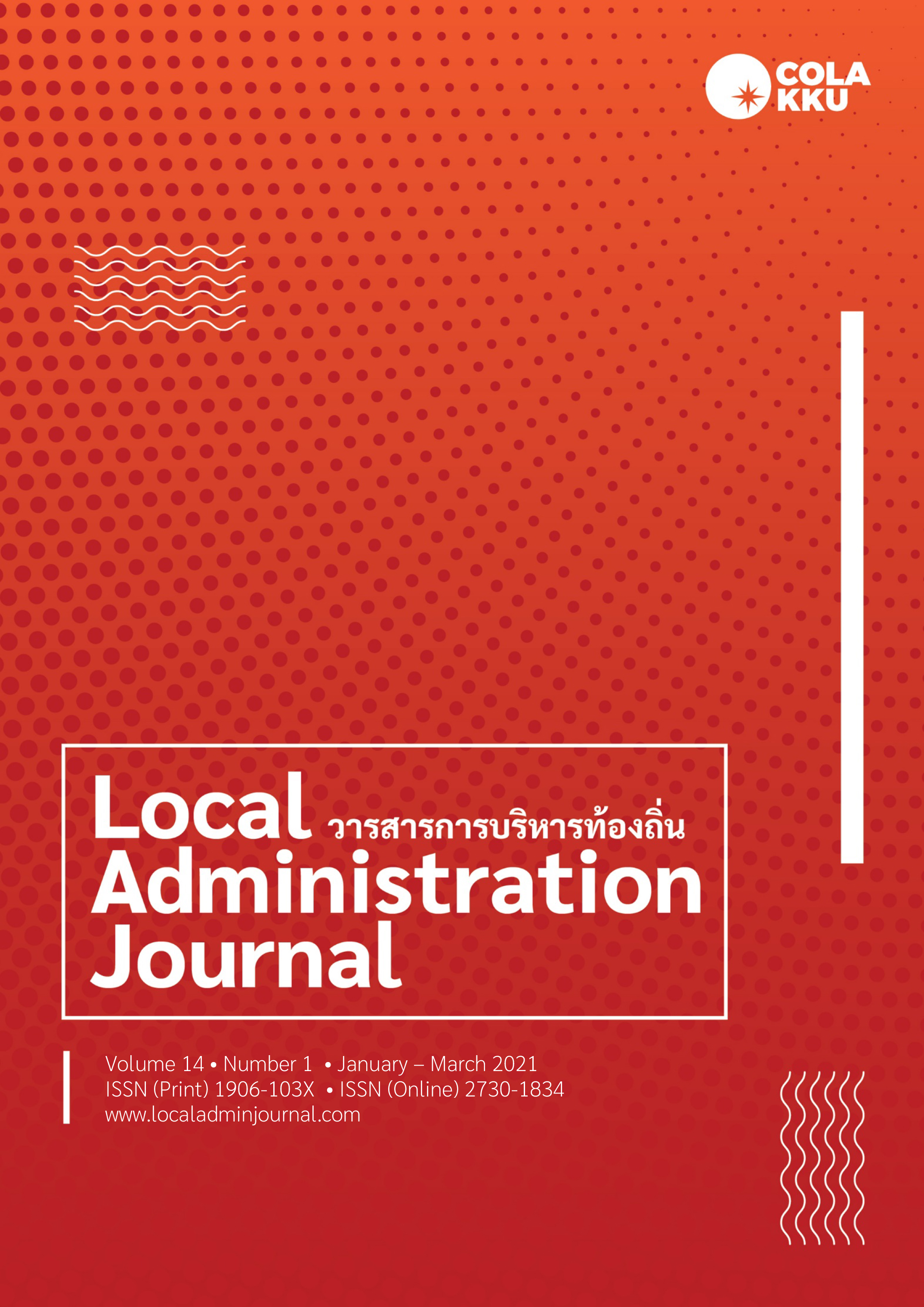Financial Education Program Evaluation: The Situation in Vietnam
Keywords:
financial education, evaluation, financial inclusion, VietnamAbstract
Financial education is an important instrument for the government to promote financial inclusion so that all citizens, especially people in the disadvantaged groups, are not left behind in approaching and using financial products and services. This paper seeks to give a preliminary assessment to answer two research questions: (1) How were financial education programs evaluated; and (2) Do financial education programs in Vietnam help improve financial literacy and financial products and service usage. This paper also presents evaluation frameworks and discusses the problems in financial education evaluation based on the findings. The author proposes policy recommendations to improve the evaluation of financial education programs.
References
Bauhoff, S. P. A., Hung, A., Lila, R., Mihaly, K., & Yoong, J. (2013). A toolkit for the evaluation of financial capability programs in low, and middle-income countries. Washington DC: World Bank.
Berg, G., & Zia, B. (2017). Harnessing Emotional Connections to Improve Financial Decisions: Evaluating the Impact of Financial Education in Mainstream Media. Journal of the European Economic Association, 15(5), 1025–1055.
Brown, M., Grigsby, J., van der Klaauw, W., Wen, J., & Zafar, B. (2016). Financial Education and the Debt Behavior of the Young. The Review of Financial Studies, 29(9), 2490–2522.
Bruhn, M., Lara Ibarra, G., & McKenzie, D. (2014). The minimal impact of a large-scale financial education program in Mexico City. Journal of Development Economics, 108, 184–189.
Doi, Y., McKenzie, D., & Zia, B. (2014). Who you train matters: Identifying combined effects of financial education on migrant households. Journal of Development Economics, 109, 39–55.
Fan, L., & Chatterjee, S. (2018). Application of situational stimuli for examining the effectiveness of financial education: A behavioral finance perspective. Journal of Behavioral and Experimental Finance, 17, 68–75.
Fox, J., Bartholomae, S., & Lee, J. (2005). Building the Case for Financial Education. Journal of Consumer Affairs, 39, 195–214.
Hathaway, I., & Khatiwada, S. (2008). Do Financial Education Programs Work? FRB of Cleveland Working Paper. Retrieved from https://papers.ssrn.com/sol3/papers.cfm? abstract_id=1118485
Hilgert, M., Hogarth, J., & Beverly, S. (2003). Household Financial Management: The Connection Between Knowledge and Behavior. Federal Reserve Bulletin, 89, 309–322.
Holzmann, R., Mulaj, F., & Perrotti, V. (2013). Financial Capability in Low- and Middle Income Countries: Measurement and Evaluation. Retrieved from https://doi.org/ 10.13140/RG.2.2.15046.88644
Jacobs, F. H. (2003). Child and Family Program Evaluation: Learning to Enjoy Complexity. Applied Developmental Science, 7(2), 62–75.
Lopus, J. S., Amidjono, D. S., & Grimes, P. W. (2019). Improving financial literacy of the poor and vulnerable in Indonesia: An empirical analysis. International Review of Economics Education, 32, 100 - 168.
Lusardi, A., Michaud, P.-C., & Mitchell, O. S. (2019). Assessing the impact of financial education programs: A quantitative model. Economics of Education Review. Retrieved from https://doi.org/10.1016/j.econedurev.2019.05.006
Lyons, A., Palmer, L., Jayaratne, K. S., & Scherpf, E. (2006). Are We Making the Grade? A National Overview of Financial Education and Program Evaluation. Journal of Consumer Affairs, 40(2), 208–235.
Lyons, A., Rachlis, M., & Scherpf, E. (2007). What’s in a Score? Differences in Consumers’ Credit Knowledge Using OLS and Quantile Regression. Journal of Consumer Affairs, 41, 223–249.
Mandell, L., & Klein, L. (2009). The Impact of Financial Literacy Education on Subsequent Financial Behavior. Journal of Financial Counseling and Planning, 20(1), 15-24.
Organisation for Economic Co-operation and Development (OECD). (2013). Evaluating financial education programs: Survey, evidence, policy instruments and guidance. Paris: OECD.
Sherraden, M., Johnson, E., Guo, B., & Elliott, W. (2011). Financial Capability in Children: Effects of Participation in a School-Based Financial Education and Savings Program. Journal of Family & Economic Issues, 32, 385–399.
Steinert, J. I., Cluver, L. D., Meinck, F., Doubt, J., & Vollmer, S. (2018). Household economic strengthening through financial and psychosocial programming: Evidence from a field experiment in South Africa. Journal of Development Economics, 134, 443–466.
Taylor, S., & Wagland, S. (2013). The Solution to the Financial Literacy Problem: What is the Answer? Australasian Accounting, Business and Finance Journal, 7, 69–90.
Downloads
Published
How to Cite
Issue
Section
License
Copyright (c) 2021 Local Administration Journal

This work is licensed under a Creative Commons Attribution-NonCommercial-NoDerivatives 4.0 International License.
The copyright of all articles published in the Local Administration Journalis owned by the College of Local Administration, Khon Kaen University.



